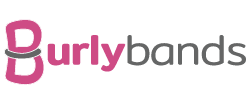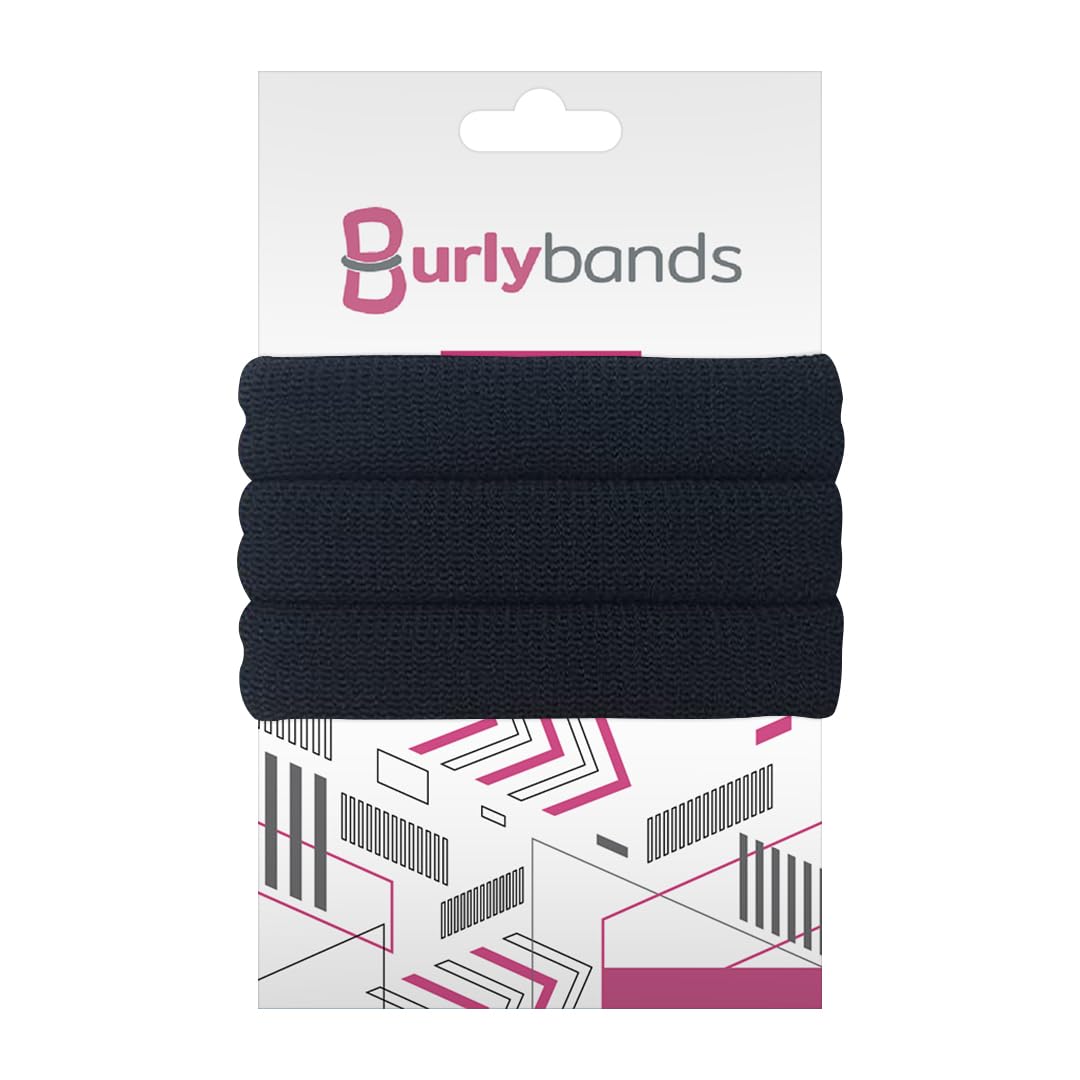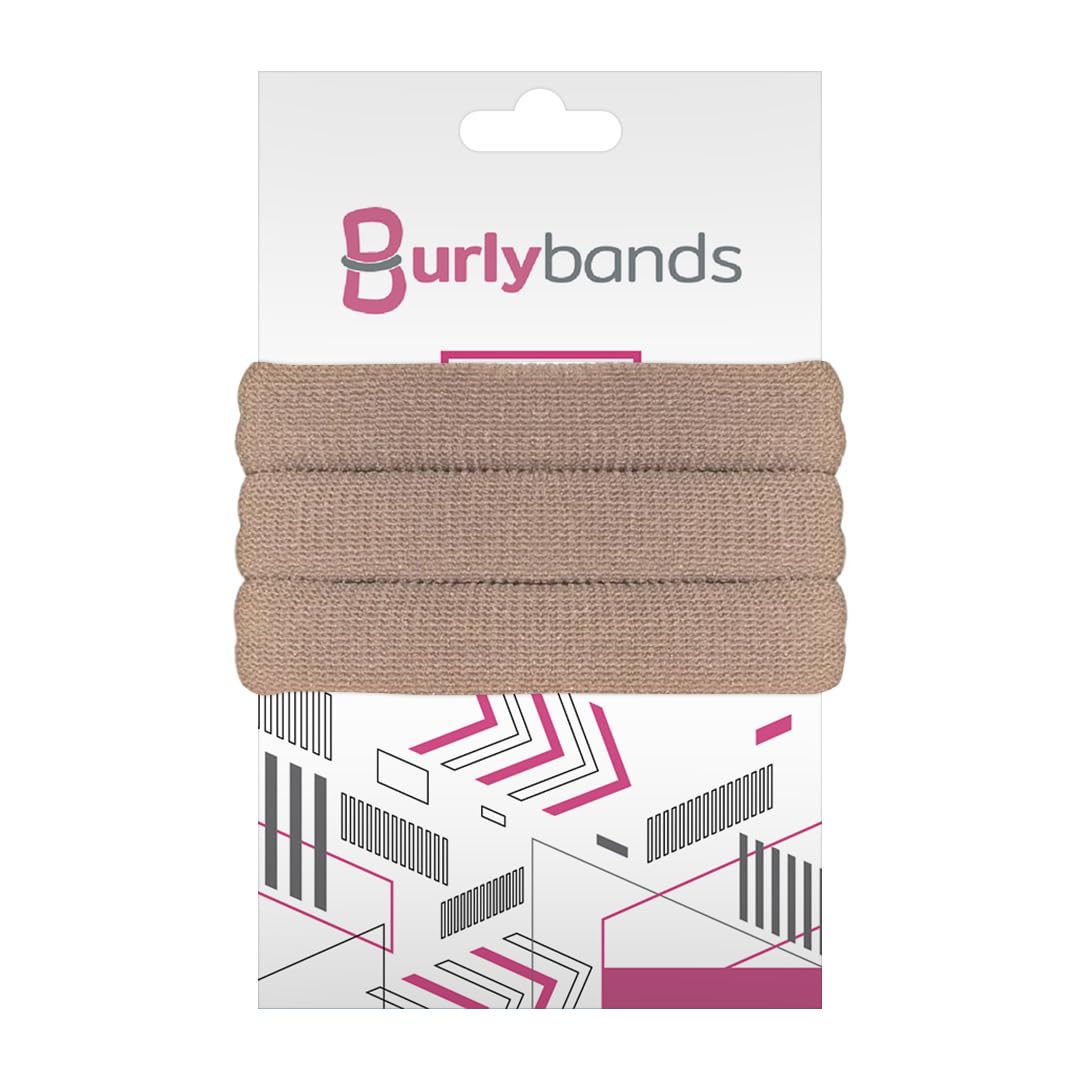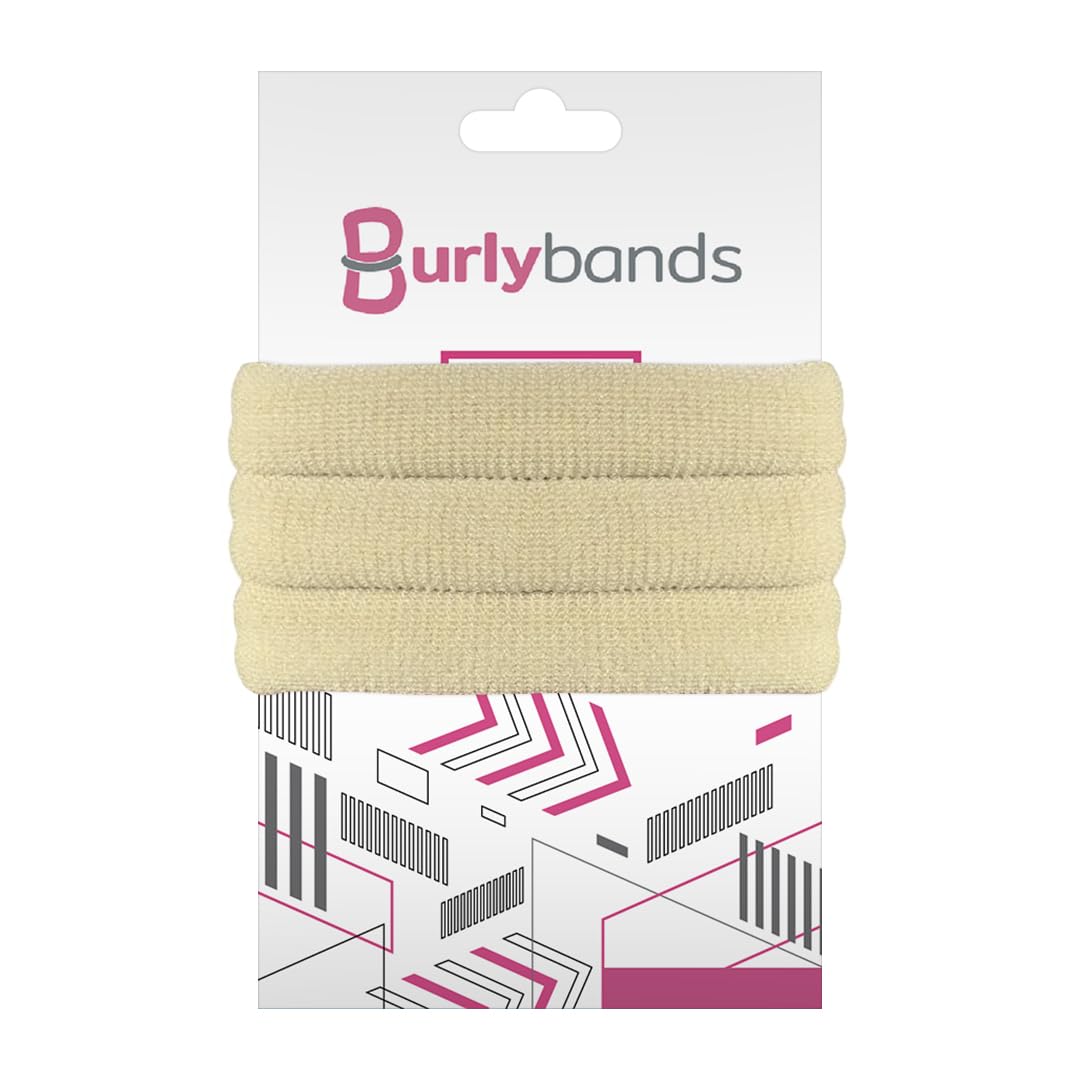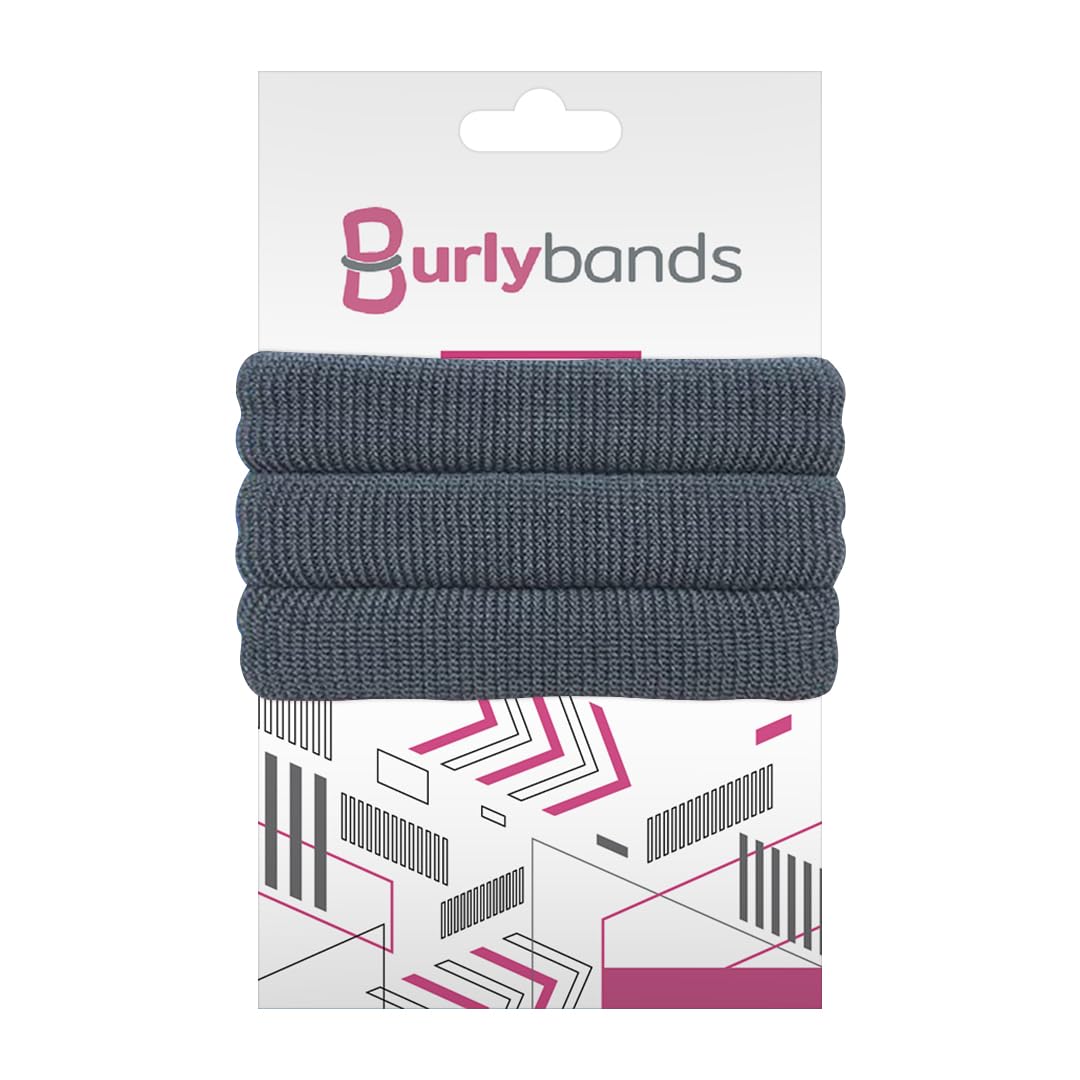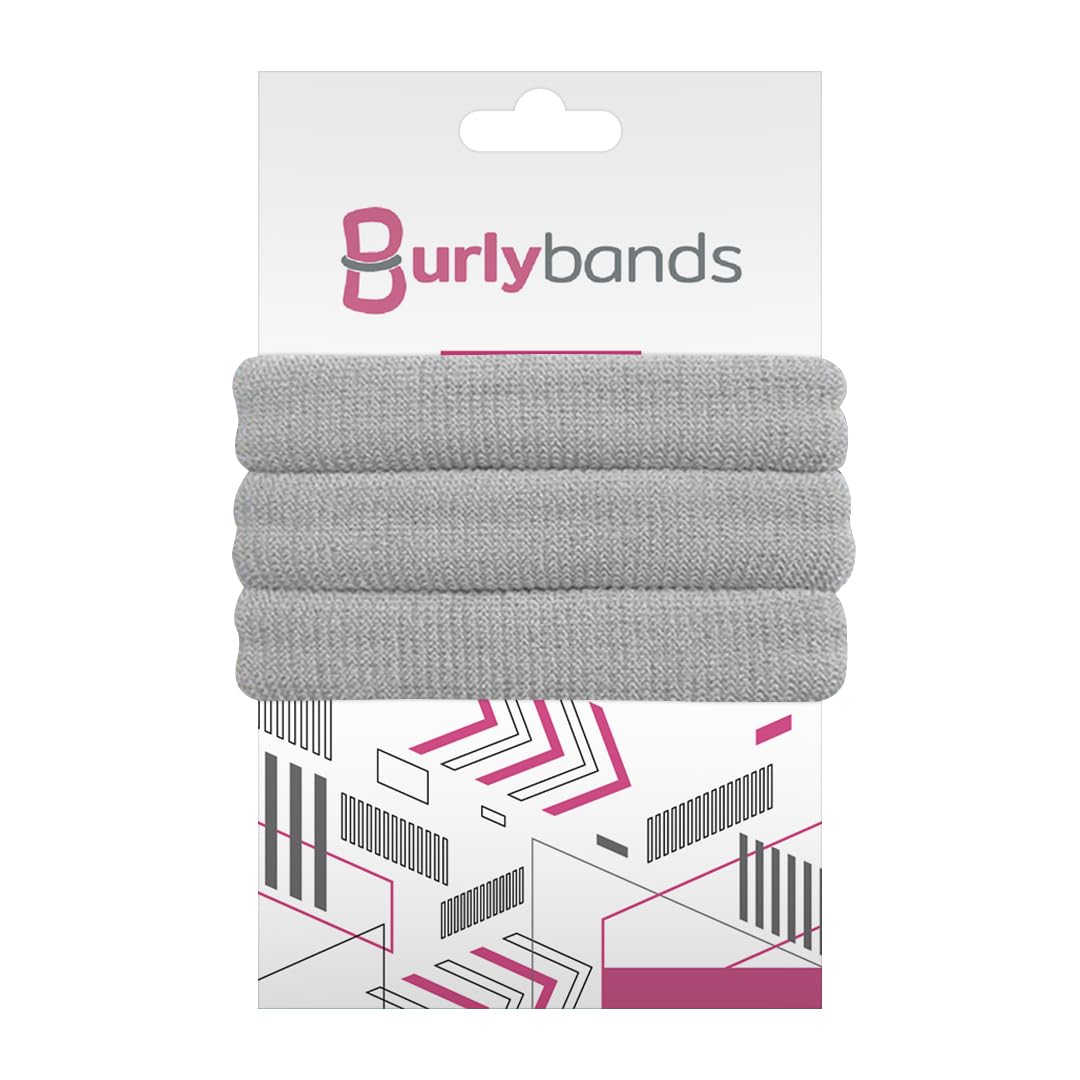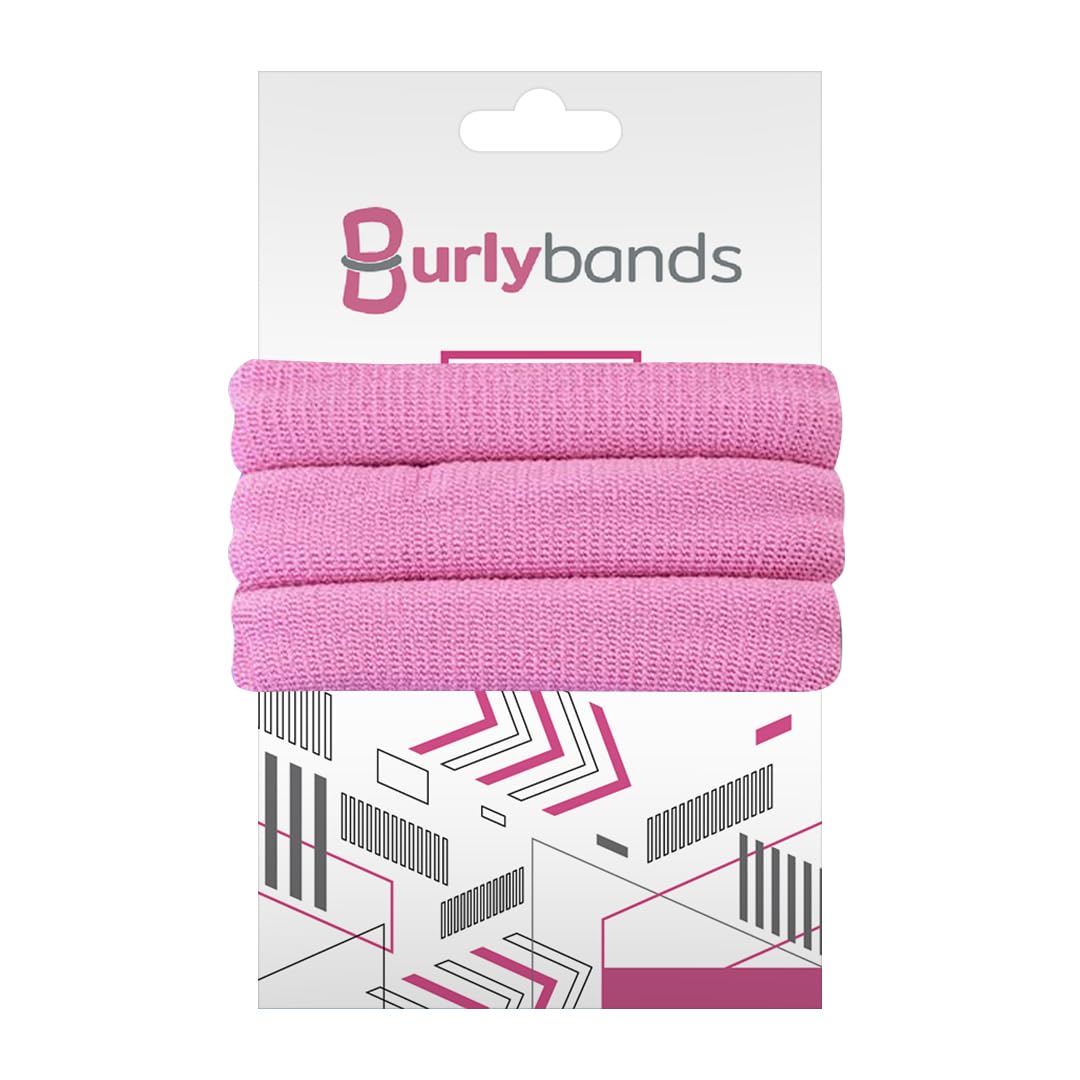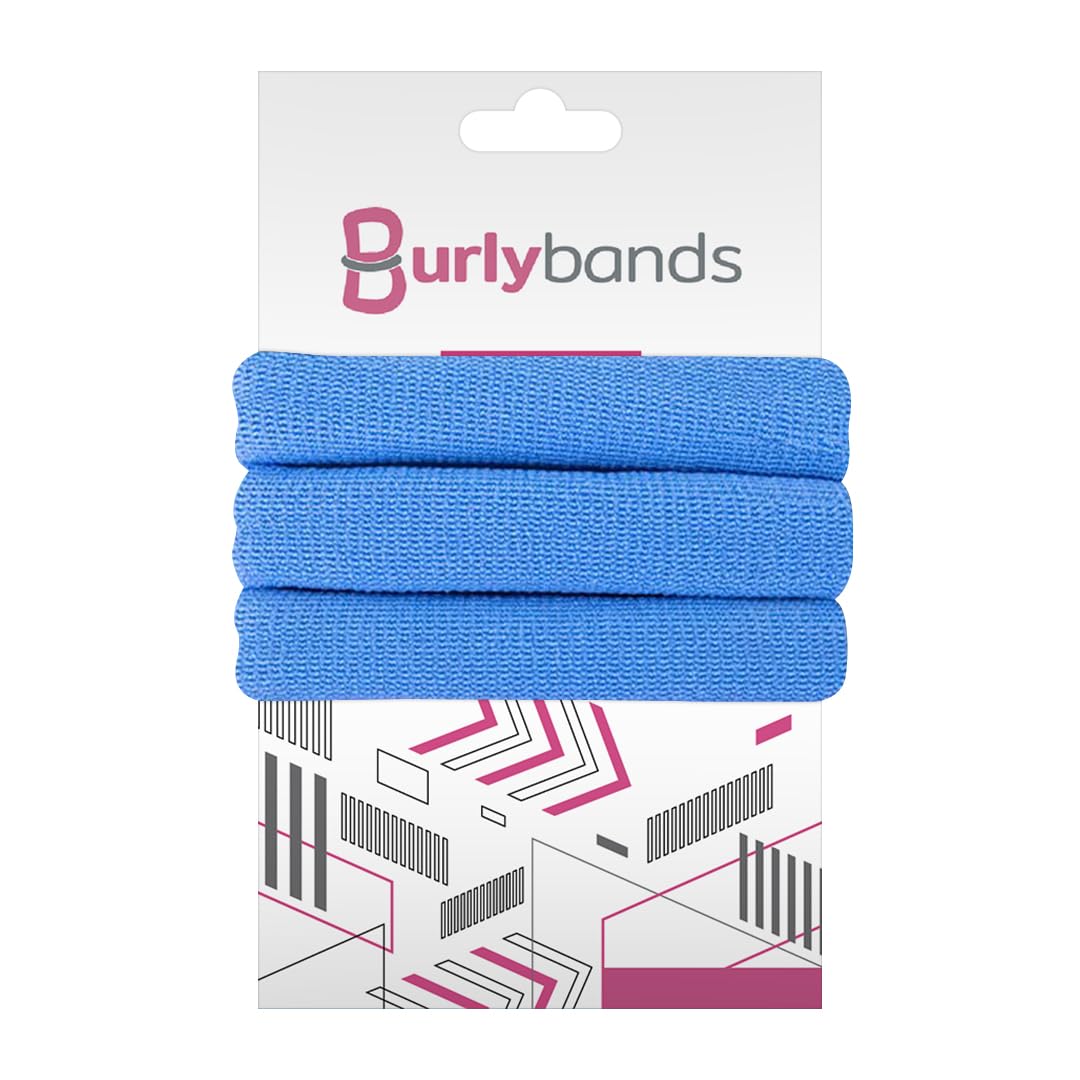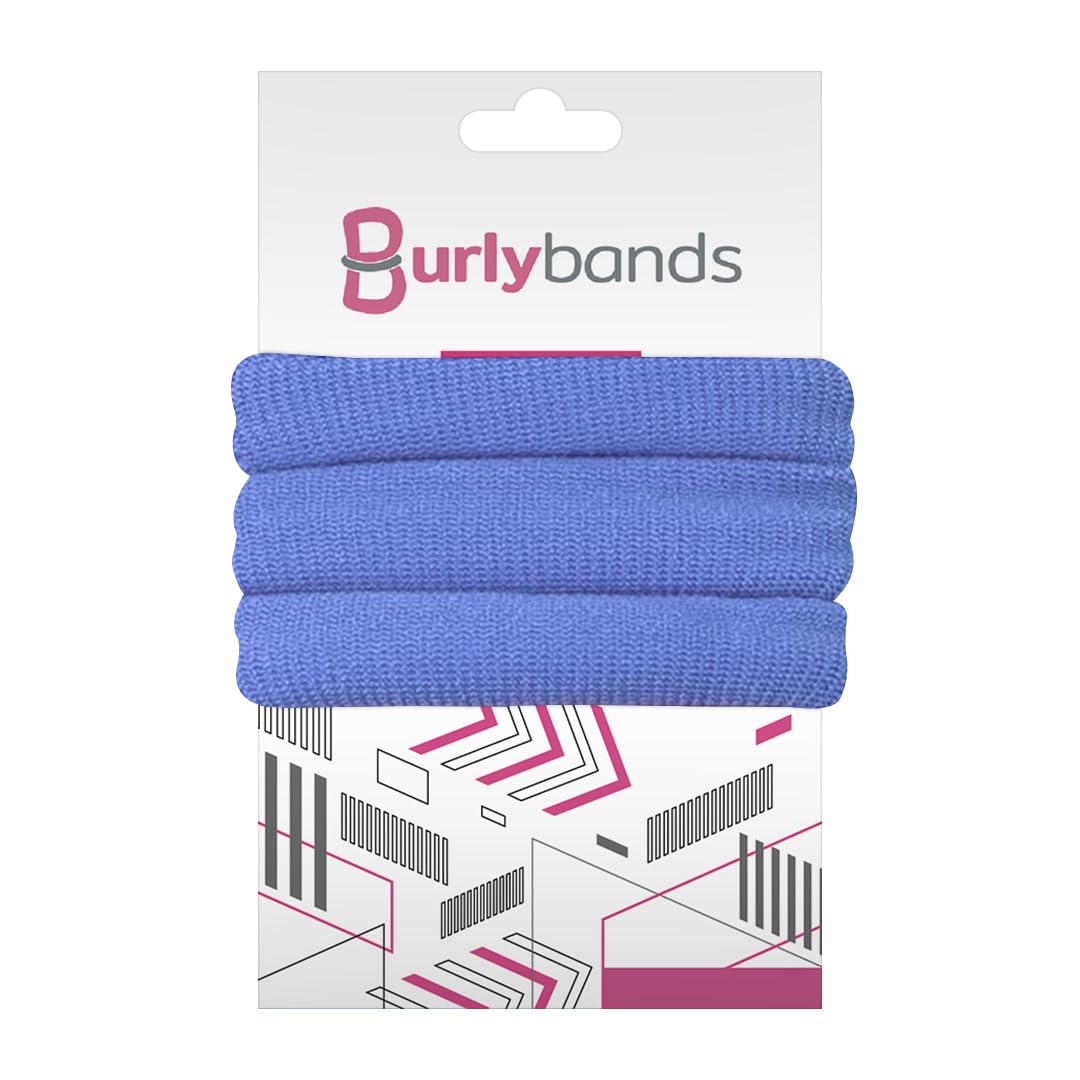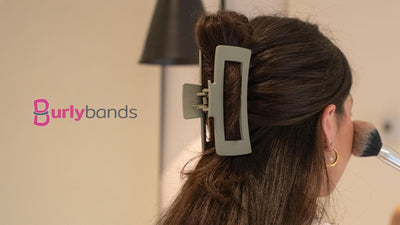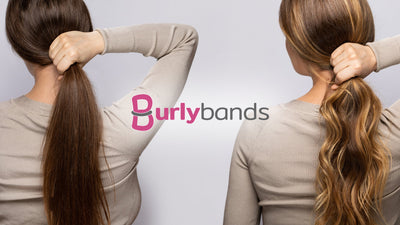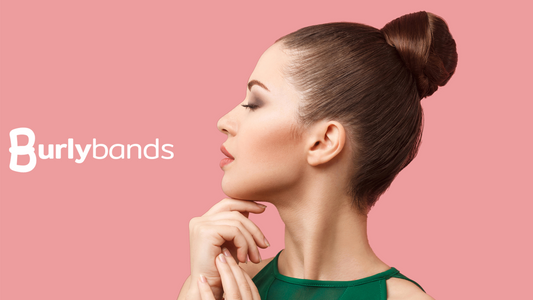When it comes to styling your hair, you may be wondering whether to use a hair brush or a comb. Both of these tools serve different purposes and can achieve different results. In this blog post, we will explore the differences between brushes and combs, and how to determine the most appropriate tool for your hair and desired hairstyle.
What Are Hair Brushes?

Credit: Envato Elements/ dolgachov
Hair brushes are tools that are used to style and groom hair. They are typically made of plastic or wood and come in a variety of shapes and sizes. In addition to styling hair, they also distribute sebum from the scalp which can help keep it shiny and healthy.
When to Use a Brush
Hair brushes are most effective for the following purposes:
Detangling Wet Hair: Brushes are great for detangling wet hair. The design makes it easy to work through knots and tangles without pulling or tugging on the hair.
Styling: Brushes are great for styling hair. The bristles allow for easy rolling of the hair, making it easy to create curls.
Drying: Brushes are ideal for creating a smooth finish while blow-drying your hair. They also help to add volume and shape to your hair while it dries.
Distribute Natural Oils: Brushes help distribute natural oils from the scalp throughout the hair, ensuring that it remains lustrous and strong.
Types of Brushes
Brushes can be of different types such as:
1) Round Brush
Round brushes are great for adding volume to your hair and creating curls. The round shape of the brush allows for a more consistent and controlled styling experience. These brushes come in different diameters, the smaller the diameter the smaller the curl.
2) Paddle Brush
Paddle brushes are an essential tool that helps to detangle and smooth wavy hair. They are often used during blow-drying and are known for their wide and flat shape, making them perfect for working through large sections of hair.
3) Vent Brush
Vent brushes have small holes or vents that allow for better airflow, making them great for styling and drying hair. They are also good for detangling hair and preventing damage while blow-drying.
4) Boar Bristle Brushes
Boar bristle brushes are crafted from the hair of wild or domesticated boars and are popular due to the numerous benefits they offer. The boar bristles help to circulate the scalp's natural oils throughout the hair keeping it healthy and also promoting hair growth.
They are ideal for all hair types but are especially beneficial for those with fine hair or thinning hair, as they can add volume and thickness.
What Are Combs?

Credit: Envato Elements/ FabrikaPhoto
Combs are essential hair styling tools that are commonly crafted from plastic, wood, or metal, and come in various shapes and sizes. The teeth of a comb are intended to untangle and separate the hair. They are also utilized to section the hair for styling or to evenly distribute hair products such as conditioner throughout the hair.
When to Use a Comb
Knowing when to use a comb is crucial if you want to get the best out of it:
Detangling Dry Hair: Combs are great for detangling hair when dry. They ensure minimal breakage and damage to the hair.
Styling: Like brushes, combs are great for styling hair. The design allows for greater precision when creating specific hairstyles.
Sectioning: Combs are great for creating precise sections in the hair. They are also great for teasing hair and adding volume to the roots.
Taming Hair: Combs are also great for taming hair. They help get rid of any flyaways or frizz.
Types of Combs
Like brushes, combs can be of different types such as:
1) Wide Tooth Comb
Wide-tooth combs are an ideal tool for detangling and styling thick, coarse hair. The widely spaced teeth of the comb allow for easy detangling and styling without causing any harm to the hair.
2) Fine Tooth Comb
Fine-tooth combs are great for styling and detangling thin, delicate hair. They are also frequently used for creating volume by teasing hair, as the fine teeth can grip and hold small sections of hair securely.
3) Rat Tail Comb
Rat tail combs are an excellent tool for creating specific hairstyles, sectioning hair, and adding volume. They have a long, thin tail that is used to create precise sections in the hair, making them ideal for use when styling updos, braids, and other intricate hairstyles.
Which One Should You Choose?

Credit: Envato Elements/ IryanaTolm
The choice between a hairbrush and a comb depends on the specific needs of your hair and the desired hairstyle.
If you have thick, curly, or textured hair, a wide-toothed comb or a brush with wide or paddle-shaped bristles is ideal for detangling and smoothing hair without causing hair breakage. For styling, a brush with round or vent-shaped bristles is best for creating curls and adding volume.
If you have fine or thin hair, a fine-toothed comb or a brush with fine or nylon bristles is ideal for styling and adding volume. A rat tail comb is great for creating specific hairstyles and sectioning hair.
If you want to maintain the health of your hair, a boar bristle brush is ideal for distributing sebum from the scalp throughout the hair, promoting healthy and shiny locks.
Summary
In conclusion, both brushes and combs are important tools for styling and maintaining hair health. It is important to choose the right tool for the job and to use them correctly to avoid causing damage to your hair. Each tool has its unique benefits, and the right choice will depend on your hair type, styling goals, and personal preferences.
 Log in
Log in